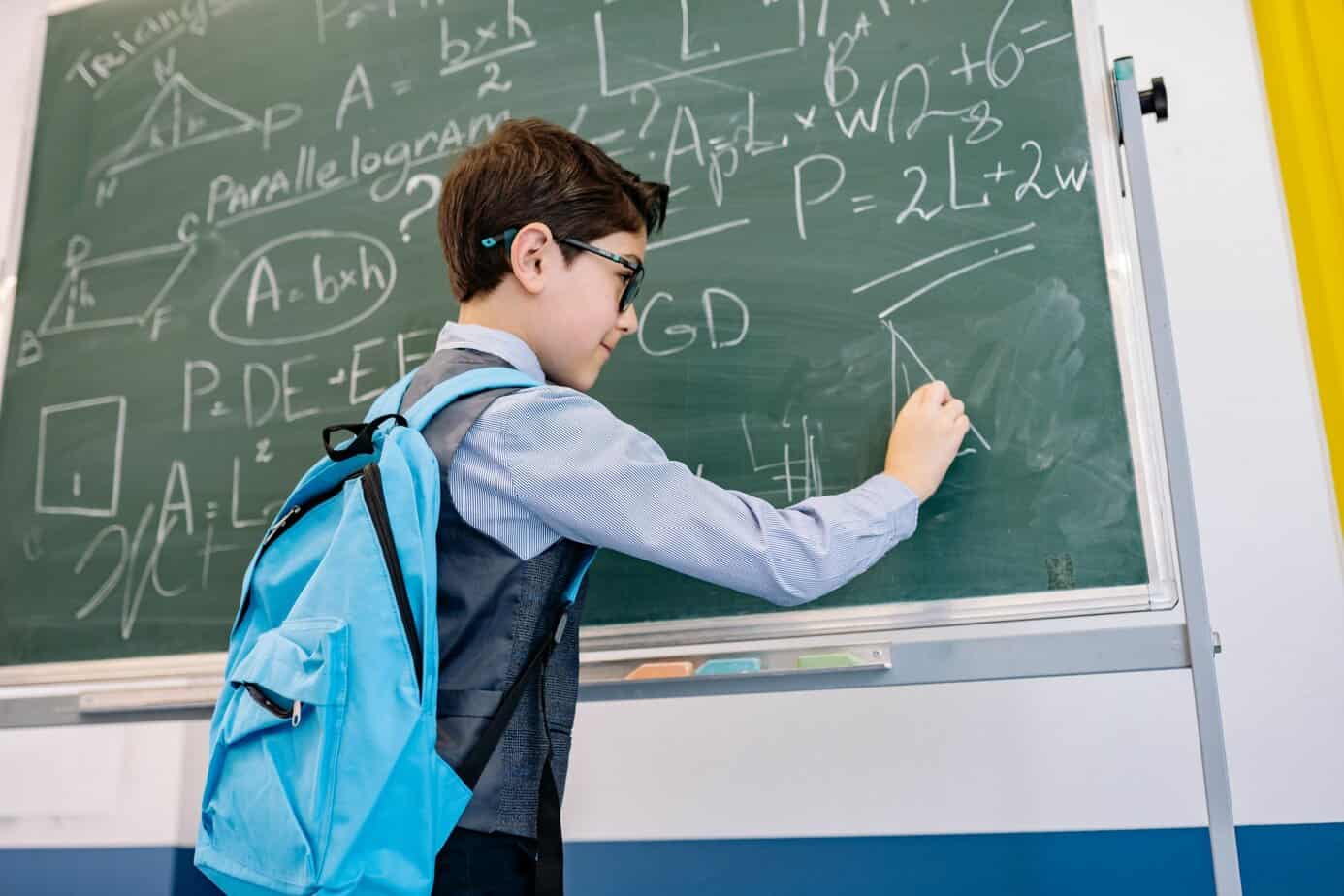
Physics is often seen as one of the hardest sciences to understand, especially when teaching it to children. Education Harbour suggests various innovative approaches to help parents teach kids physics while having a great time.
Using interactive games and experiments to learn physics can make it fun for kids to explore different concepts in a fun and interactive way. At Education Harbour, kids are offered tools to stimulate the senses and provide interesting activities. Games and physical simulations can help children discover concepts like gravitational force and how energy works.
Teaching kids with the use of everyday items is also an effective method. Education Harbour advises getting creative and engaging with household items to explain physics topics such as Newton’s three laws of motion. Getting hands-on with DIY projects, from pinball machines to lava lamps, can demonstrate what would normally be complicated ideas in an accessible and simple way.
Mathematical concepts such as calculus and basic arithmetic can help explain physical processes to kids. Showing the physics behind mathematics, for example with geometric constructions, allows for a more hands-on experience in understanding these processes. At Education Harbour, kids learn to make the connections between mathematics and physics in an enjoyable way.
Education Harbour also suggests finding resources such as physical toys, models, and software. Tools such as kinetic sand and gear sets allow children to interact with and visualize what they learn in physics. Children can also access educational programs that provide visual aids and 3D animations. Through virtual and physical simulations, kids are offered different levels of challenges to complete and fun interactive tasks to help them grasp different physics concepts.
The main objective is to keep physics learning exciting and accessible. Games, experiments, and hands-on activities offer interesting ways to engage kids in the topic. Teaching mathematics alongside physical concepts, in combination with tools and simulations, can help kids build their knowledge of physics in a fun and interactive way. Education Harbour is here to provide resources and help support parents to ensure kids find joy in physics learning.
Main photo: Yan Krukau/pexels.com
Sponsored text